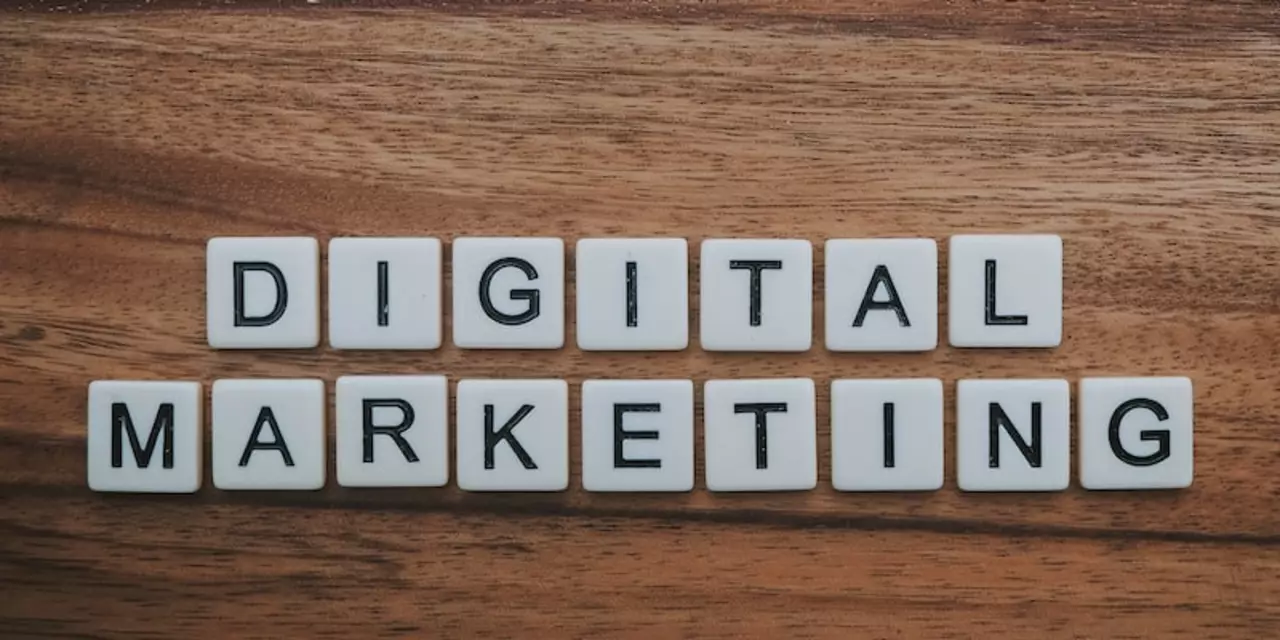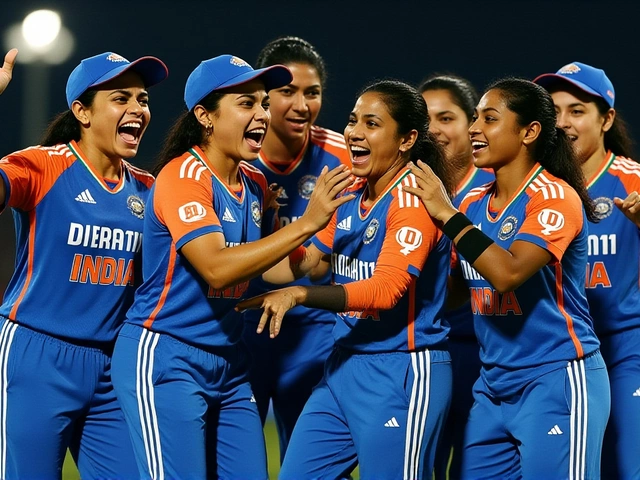What February 2023 Brought to Digital Blogger India
February was a busy month for anyone chasing digital growth in India. We rolled out a mix of quick how‑to pieces, deep dives into new platform features, and practical SEO hacks that you could apply right away. If you missed any of those posts, this roundup gives you the highlights and points you straight to the most useful takeaways.
Quick Wins for SEO and Content Creation
We started the month with a guide on the Google helpful content update. Instead of jargon, we broke down three things you can tweak today: focus on user intent, prune low‑value pages, and add fresh data to existing posts. Readers reported a noticeable bump in rankings after following the checklist.
Mid‑month, a short tutorial on optimizing blog images for faster load times went viral among our community. The steps were simple – compress with a free tool, use WebP where possible, and add descriptive alt text. Implementing these three actions shaved off up to two seconds from page load speed, which Google loves.
Social Media Shifts and New Advertising Tricks
Instagram rolled out Reels editing tools that surprised many creators. Our article walked you through the new effects, music library, and how to repurpose old Stories into eye‑catching Reels. The practical tip that got the most love was adding a single call‑to‑action at the end of each Reel to boost click‑through rates.
We also covered the latest Facebook ad targeting changes for Indian audiences. The piece explained why interest‑based targeting is losing ground and why layering demographic filters can improve ad relevance. A handful of small businesses shared that their cost‑per‑click dropped by 15% after applying the new strategy.
Finally, a roundup of upcoming Indian digital events gave you dates and discount codes for webinars on influencer marketing, local SEO, and e‑commerce conversion. Keeping an eye on these events can save you time and money while staying ahead of the curve.
All these posts were written with one goal in mind: give you actionable steps you can try right now. Whether you run a personal blog or manage a brand’s online presence, the February archive is packed with tips that cut through the noise and deliver real results.
Want to revisit any of these guides? Just scroll down the archive list – each title links to the full article, complete with screenshots, templates, and checklists you can download. Happy reading, and here’s to keeping your digital game strong!

Is Facebook marketing or Google Ads better for a startup?
This article discusses the advantages and disadvantages of both Facebook and Google Ads when it comes to marketing for a startup. It explains that Facebook Ads are great for targeting specific audiences and building brand awareness, while Google Ads are better for driving conversions and getting quick results. It then dives into the pros and cons of each platform and how to decide which one is best for a startup's marketing needs. Ultimately, it concludes that the best choice will depend on the goals and resources of the startup. In general, both Facebook and Google Ads can be effective tools for marketing a startup.

What are the various stages of a digital marketing agency?
A digital marketing agency is a company that helps businesses of all sizes develop, implement, and manage digital marketing campaigns. The various stages of a digital marketing agency include market research, strategy development, campaign setup, execution, optimization, and reporting. Market research involves gathering data on target audiences, competitors, and trends in the digital marketing space. Strategy development involves creating a plan for how to best reach the target audience. Campaign setup includes creating campaigns, setting up ad accounts, and establishing tracking systems. Execution involves launching the campaigns and monitoring their performance. Optimization involves making adjustments to campaigns to maximize performance. Lastly, reporting involves analyzing the data from campaigns and providing insights for future campaigns.
Categories
- Cricket (5)
- Digital Marketing (3)
- Sports (2)
- Digital Marketing Strategies (1)
- Social Media Marketing (1)
- Digital Marketing Agency Resources (1)
- Digital Marketing and Advertising (1)
- Online Shopping & E-commerce (1)
- Technology and Digital Marketing (1)
- Entertainment (1)
Popular Articles



